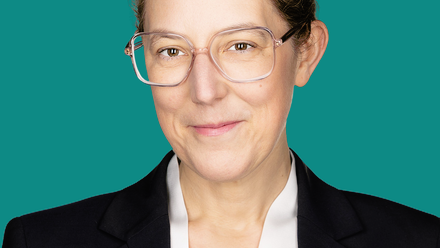Queen's House Consulting publishes "What Price the NHS?" discussion document on staff pay and NHS funding
Queen’s House Consulting announces publication of its discussion paper “What Price the NHS?", an independent report about UK NHS pay, demographic change, inflation and government revenues. This has relevance to the current pay dispute between NHS staff and UK Government.
Three pay models are proposed, as options for settlement of the current dispute. Funding to improve capacity/delivery is also considered in terms of government expenditure and international comparators.
Analysis indicates that NHS staff pay has not matched inflation since 2010, while private sector pay has exceeded inflation. Overall, total NHS spending broadly matched inflation over the same period, excluding COVID-19 pandemic costs. However, this ignores population growth and the disproportionate increase in the over-65s who have greater health needs.
The currently-disputed pay offer of 4% is less than the 7.0% inflation to March 2022. The incremental cost to NHS England would be up to £2.8bn (7.3% of the NHS pay budget). It would add 1.8% to the total NHS budget.
The discussion paper proposes three different models for NHS pay, which may offer options for settlement of the current dispute:
- a pay rise based on the annual inflation rate in the preceding year.
- a pay rise which corrects the gap between salary and cumulative inflation since 2010.
- a pay rise which delivers parity with private sector pay growth since 2010.
In England, the incremental costs of these models are up to £3.8bn, £6.5bn and £12.3bn. They would add 9.8%, 16.9% and 31.8% to NHS pay costs, representing an increase of 2.5%, 4.3%, and 8.1% of the total NHS budget respectively.
The cost of additional funding to provide for demographic changes since 2010 has also been calculated. The incremental cost for the three pay models in England are £17.6bn-£18.7bn (approximately 11.7%-12.5% of the total NHS budget).
To build additional resilience into the NHS, the cost of 10% extra capacity has been calculated. This would reinforce service delivery during high demand, with the scope for service improvement at other times. These incremental costs for the three pay models are £16.1bn-£17.1bn (approximately 10.8%-11.4% of the total NHS budget).
These demographic and capacity investments offer a potential reduction of staff workload. Alongside pay, that may improve staff recruitment and retention, to benefit both staff and patients.
Collective implementation of all these options would raise the UK from 16th to 5th ranking of global healthcare expenditure. Together, they would cost £27.4bn-£38.6bn, adding 18.3%-25.8% to the NHS England budget. Extrapolation to the whole UK would cost £32.7bn-£47.0bn and increase healthcare spending as a proportion of personal taxation from 26.0% to between 30.8% and 32.8%. Against total government income, the proportin spend on healthcare would increase healthcare spending from 14.2%-15.1% to between 17.9% and 19.1%.
The discussion paper analyses the problems and offers solutions for consideration by stakeholders. This approach reflects the broader offering from Queen’s House Consulting.
Read 'What Price the NHS?'




